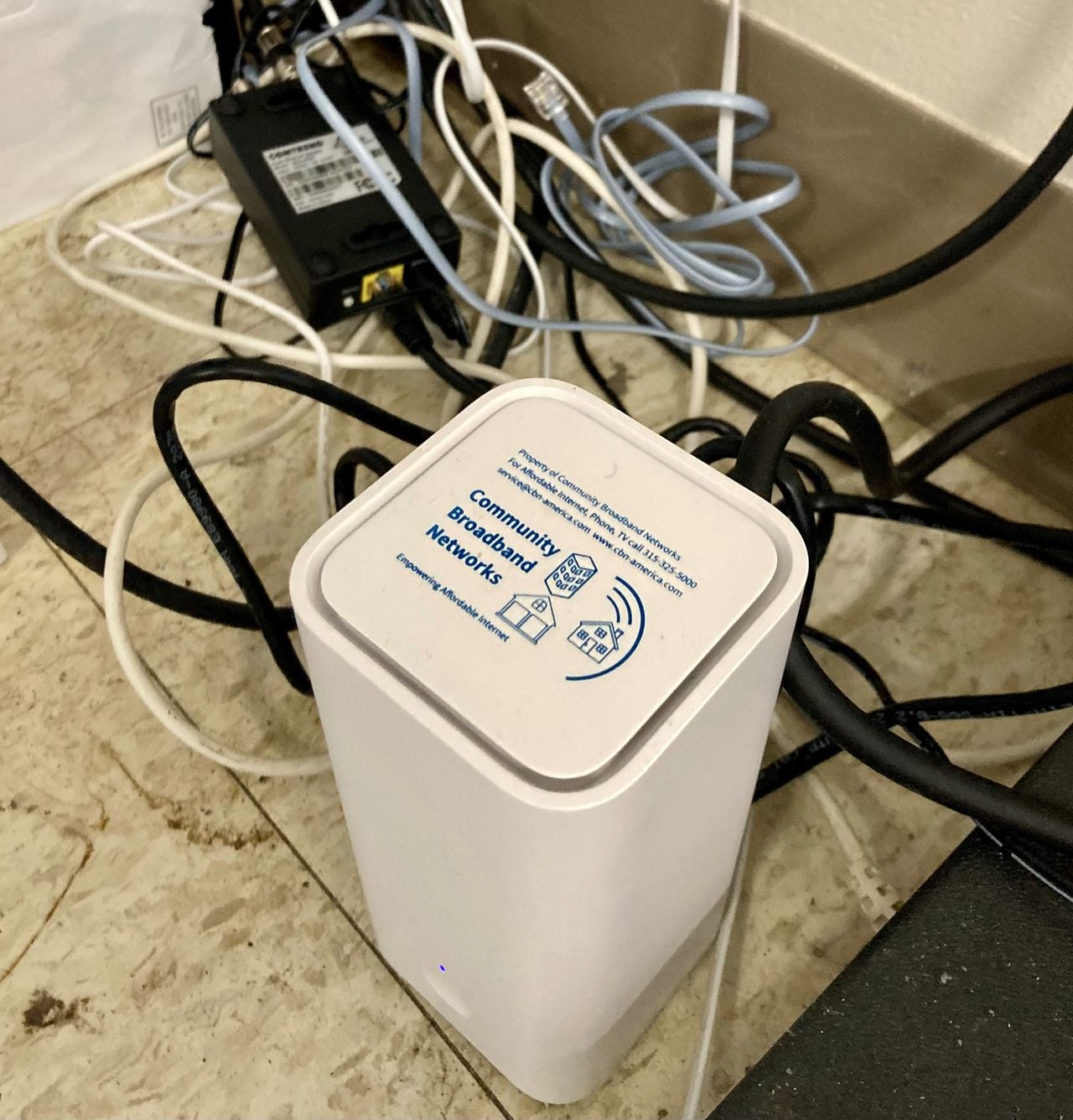Carolyn Price is executive director of the Upstate New York Towns Association, an organization based in Binghamton that advocates for the unique needs of municipalities in Upstate New York.
Closing the digital divide is one of the significant challenges of our time. Access to reliable, affordable high-speed internet is not a convenience or a luxury. It draws the line between the haves and the have-nots. That’s why Congress must pass the Affordable Connectivity Extension Act and continue to keep our most vulnerable communities online. We can’t end socio-economic, geographic and generational inequities if the playing field isn’t level. And we can’t ensure that New York and the United States lead in talent and innovation if the population lacks access to the tools that will keep our communities and local economies resilient and competitive.
High-speed internet is essential for accessing employment and educational opportunities, high-quality healthcare, and the tools for entrepreneurship and financial independence. Despite the need, rural and underserved communities often lack quality broadband connections, and many families struggle to pay exorbitant monthly bills. This shouldn’t be the case in 2024. For years, alongside allies and advocates, I have urged lawmakers to guarantee equitable and affordable access — ensuring no one is left behind, stuck living in a “broadband desert.”
When the “Bipartisan Infrastructure Law” was passed in 2021 during the Covid-19 pandemic, the federal government launched the Affordable Connectivity Program, which has helped over 20 million U.S. households, including many rural families, obtain internet access. It’s an invaluable program that assists low-income residents and is a lifeline for families who otherwise could not access or afford the internet. However, funding for the ACP is set to run out as soon as April 2024 unless Congress passes the Affordable Connectivity Extension Act.
Rural residents often have only…
Read the full article here

Leave a Reply